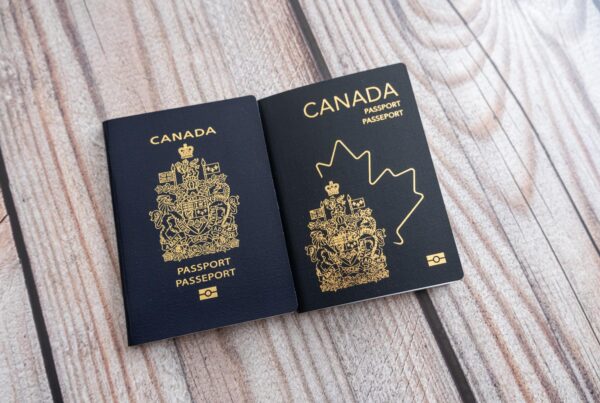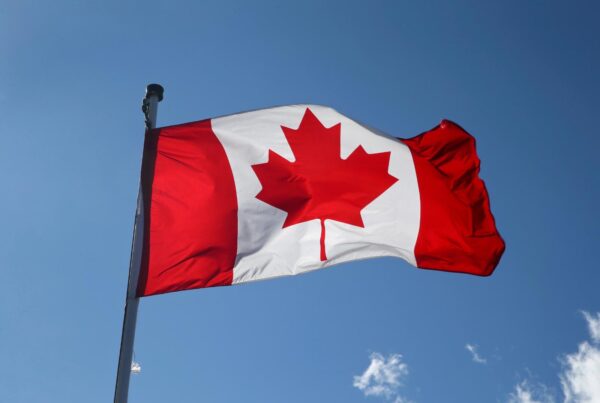Dual Citizenship in Canada: Navigating the Complexities of Maintaining Multiple Citizenship Statuses
Canada has a well-established system of immigration that allows individuals from around the world to apply for citizenship and, in certain cases, have it revoked. Citizenship applications and revocations can be a complex legal process, and understanding the basics is essential for individuals seeking to become Canadian citizens or maintain their citizenship status. In this article, we will provide an overview of citizenship applications and revocations in respect to Canadian immigration.
Citizenship Applications:

Individuals seeking Canadian citizenship must apply for it through a legal process that includes meeting certain requirements and submitting various forms and documents. The process begins with a permanent resident status, which must be maintained for a specific period of time, generally three years, before the individual is eligible to apply for citizenship.
The Citizenship Act of Canada outlines the requirements for individuals seeking citizenship. These include meeting age, residency, language, and knowledge of Canada requirements, as well as passing a citizenship test. Individuals who meet these requirements can submit an application for citizenship, which will be reviewed by Immigration, Refugees and Citizenship Canada (IRCC). The IRCC will consider the application and may request additional information or documentation to support the application. If the application is approved, the individual will take an oath of citizenship and receive their Canadian citizenship certificate. If the application is denied, the individual has the right to appeal the decision through a legal process.
Citizenship Revocations:

Canadian citizenship can be revoked in certain circumstances, such as when it was obtained through fraudulent means, or if the individual is convicted of certain crimes. The Citizenship Act outlines the grounds for revocation and the legal process for doing so. Citizenship revocation proceedings begin with a notice of intention to revoke citizenship, which outlines the reasons for the revocation and provides the individual with an opportunity to respond. The individual has the right to appeal the decision through a legal process.
The legal process for citizenship revocation involves a hearing before the Immigration and Refugee Board (IRB) or Federal Court. The individual has the right to legal representation and may present evidence and testimony to support their case. If the IRB or Federal Court determines that the individual’s citizenship should be revoked, they will lose their Canadian citizenship status.
Conclusion:

Citizenship applications and revocations are an important part of Canadian immigration law. Understanding the requirements and legal process for applying for and maintaining citizenship is essential for individuals seeking to become Canadian citizens, as well as those seeking to maintain their citizenship status. Legal advice and representation may be necessary for individuals facing citizenship revocation proceedings.








